It was a place I often thought about. I located a lot of my imaginings in it. ~~ Wendell Berry
As I cruised through my neighborhood last Thursday afternoon, I felt like an extra in a Charlton Heston sci-fi movie, “Soylent Green,” perhaps, or maybe “The Omega Man.” When I left for Hollins University back in June, kids were always outside, playing soccer, drawing on sidewalks, tossing Frisbees, turning newly-learned cartwheels.
Now the streets were silent and empty. Bikes were flung in front yards as if their owners had been vaporized. Our cul-de-sac alone is home to seventeen kids of various ages, but not a single one was in sight. It wasn’t until Sunday evening, long after the sun had dipped over the treetops, but well before lightning bugs rose and sparked from the clover, that I saw my first child outside. She ran indoors as if ordered by martial law.
Yes, it’s another hot July in Virginia so everyone takes refuge in air-conditioned buildings. But it’s always hot in Virginia in July. The house I grew up in didn’t have a/c or even a fan, except for the window fan in the grownup’s bedroom and that was only switched on after dark. What did us kids do all day? We stayed outside. Being outdoors was preferable to being indoors because that’s where we became our summer selves.
For me and my town cousins, our summer selves swapped Classic comics under the big silver maple tree. We argued whether Kool-Aid or Cheer-Aid was better. We fed green grapes to the neighbor’s chickens. We ambled through the field behind the lumber yard, scouting killdeer nests. We slipped on moss-slicked mussels in Milford Mills Creek. We played Red Light, Green Light among fireflies. After our baths, fragrant with talcum powder, we lay across the bed to catch the faint breeze, watch the blinking radio tower and make ambitious plans for the next day.
At home, I claimed my own summer kingdom. In the woods, I rode a bouncy sapling over imaginary prairies. I built a fort out of a roll of chicken wire and a musty tarp. I read Nancy Drew, the yellow-back books, in my tree house. I played in the woods and fields alone and unsupervised. I was always (well, usually) within hollering distance. Once, I crossed a little red bridge arching over a creek that led to rustic Japanese-style buildings and an in-ground pool. I wandered around the strange camp, enchanted, then found my way home. I never located that camp again.
But it was okay. The camp, like the horse-tree, the chicken-wire fort, intrepid Nancy Drew, the back yard, the front yard, the sedge-y margin between garden and woods, all formed the place of my summers. And that place was mine by right. Woods and fields, any wild outdoor spaces, belong to children.
In her book A Country Called Childhood: Children and the Exuberant World, Jay Griffiths names nineteenth-century poet John Clare as the patron saint of childhood. “Clare writes of the land as if he were a belonging of the land, as if it owned him . . . his childhood belonged to that land and to its creatures; he knew them all and felt known in turn.” Making her case for nature-deficient children, Griffiths threads ribbons of Clare’s poetry about his childhood “lost in a wilderness of listening leaves,” “roaming about on rapture’s easy wing.”
Recently I stumbled on aerial photographs of the area where I grew up. With a click of the mouse, I peeled back layers and years, the same spot in 1979, in 1968, 1963, down to 1962, when I was ten. And there were my fields and woods, the strange camp, the holly tree in the front garden, even the hog pen. The location of a lifetime of imaginings. I touched the monitor glass, willing it to vanish so I could run barefoot in that grass again.
Over the decades I’ve watched as government, schools, and parents annexed the country of childhood. Driven by litigation and ever-increasing safety standards, communities and schools build playground equipment so tame—no angles, corners, or edges—that older kids become quickly bored. Recess has been chipped away or morphed into organized sports. The number of kids who walk to school—or walk anywhere—has dropped significantly since the 1970s.
When the kids in my neighborhood do play outside, they stay confined to their small front yards, or the cul-de-sac, almost always with a parent nearby. There is no chance for them to belong to a patch of asphalt, to be owned by a square of neatly-manicured lawn. Certainly no opportunity to slap together a fort from rusted chicken wire or discover a mysterious camp in the woods or feel known by birds and wild flowers.
Where are the children of summer today? They are holed up in their bedrooms in self-imposed curfew, watching TV or playing computer games or constructing Lego sets with detailed directions. Their freedom has been chiseled into a safe haven . . . or a cage.
Worse, they don’t even know what they are missing.
As a children’s writer, I’ve preferred to write realistic fiction about kids who sort themselves into pack hierarchies, explore, make up their own traditions and games, and rearrange the landscape to locate their imaginings, just as I did. These days I’m writing the same type of books, but they are fantasy.
At night when my mind idles, I think about the places that shaped my childhood and wonder what the children of summer today will remember when they are grown up.
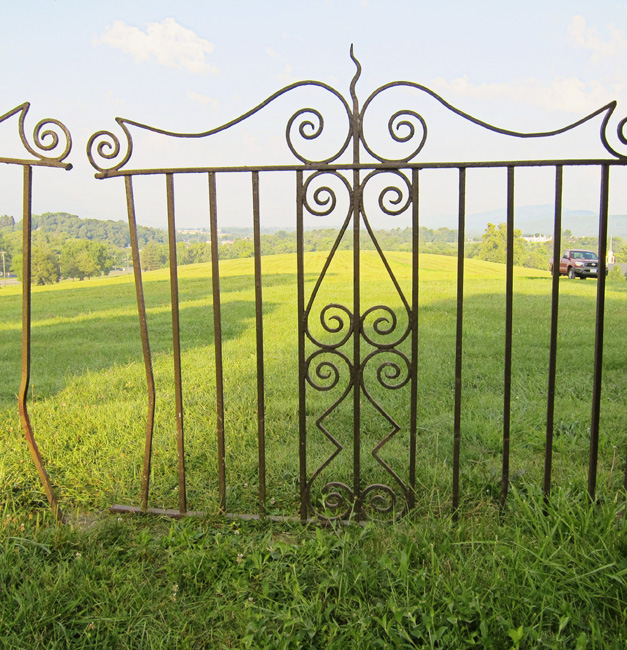
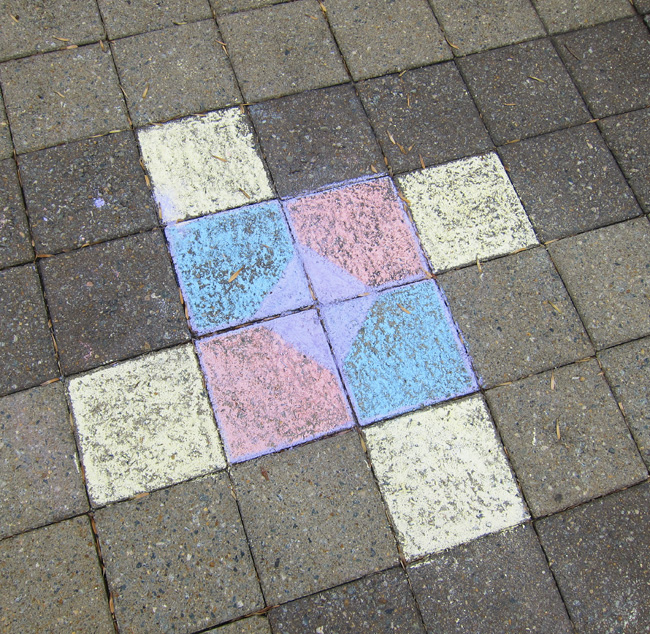
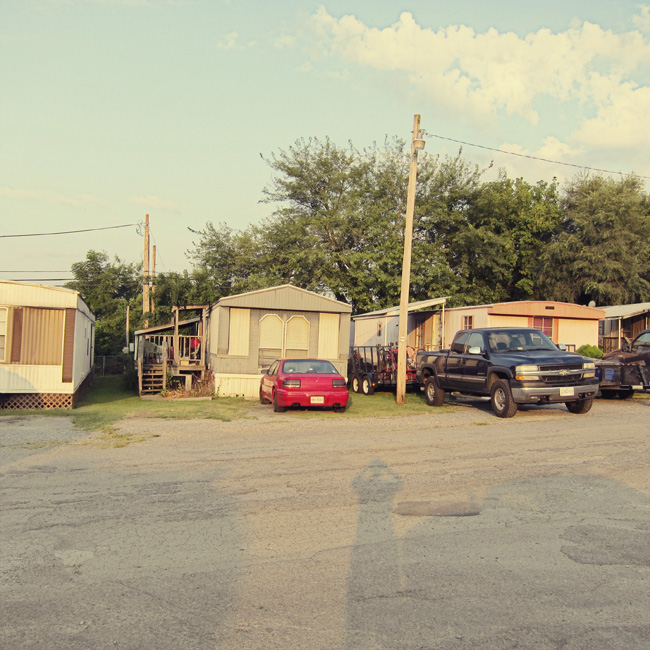
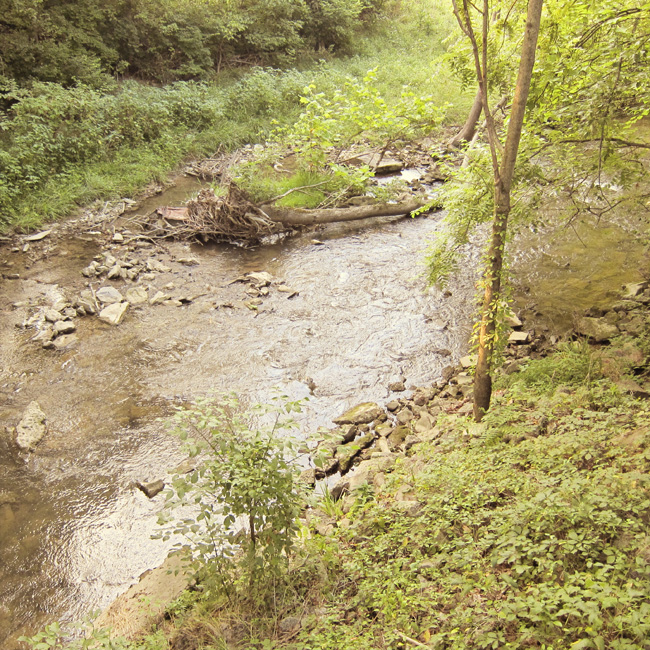

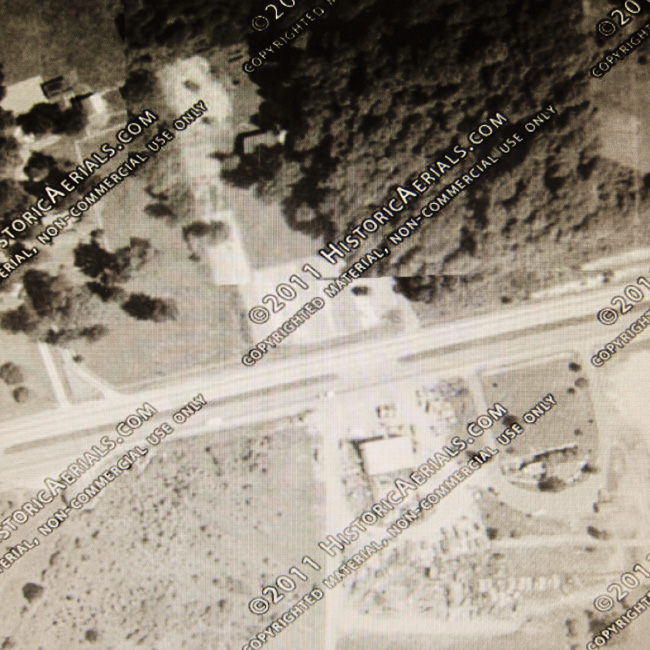
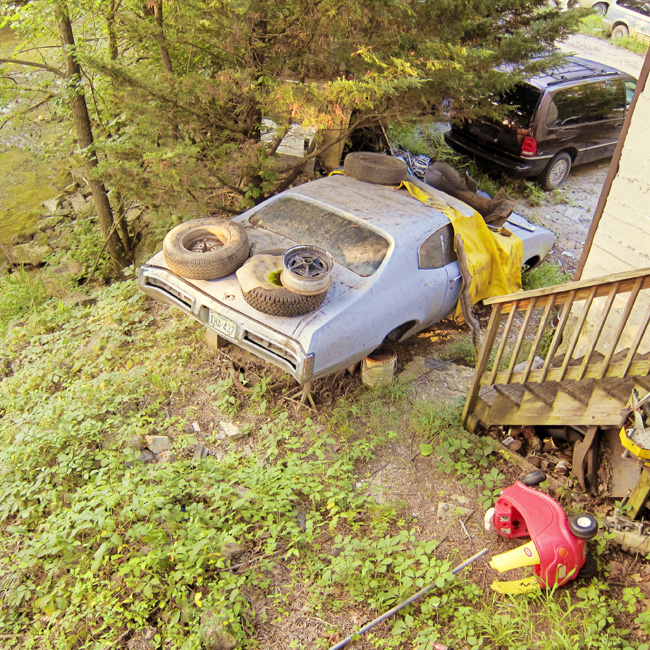
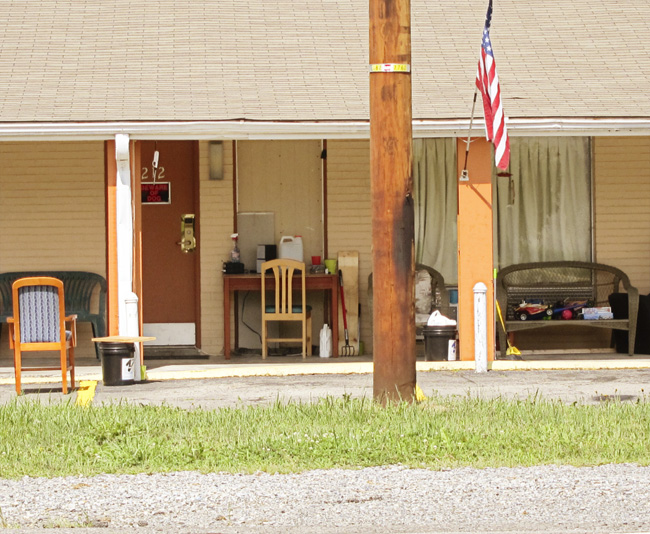
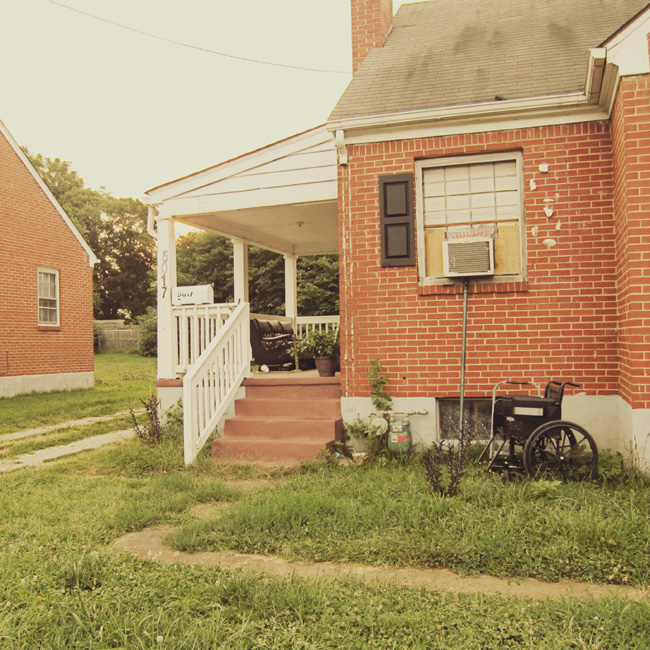
18 thoughts on “Missing: The Children of Summer”
Always enjoy reading your work, Candice. I’m proud of you and your success–and the fact that you inspired me to keep plugging away at the (then) typewriter. I’ve 11 books on the shelf now and two more to come. Thanks for the good old days–that sounds awful–for the formative days for both of us. Keep on….
Always enjoy reading your work, Candice. I’m proud of you and your success–and the fact that you inspired me to keep plugging away at the (then) typewriter. I’ve 11 books on the shelf now and two more to come. Thanks for the good old days–that sounds awful–for the formative days for both of us. Keep on….
Marilyn, I still miss our writing group. I grew up during those years, thanks to you and the other ladies. I learned about grace, even though I don’t seem to have it. Who had more grace than Carolyn and Marj? Yes, we keep putting our books on the shelf (soon to be 126 for me), but in the end, it’s the journey, and how we treated people along the way, yes?
I have the same type of childhood memories and regret that my grandchildren cannot have the same freedom that we had to roam. We attempt to allow them some leeway while standing close by to protect them from the evil that lurks around them. Thanks for writing about those innocent and imaginative times.
Most of us live in relatively safe places, so it’s good you are giving your grandkids some leeway. It’s how they learn to handle risks, and achieve some measure of grit. That said, my idea, as an adult, of roughing it is no room service!
Candice, this was a flash from the past… bringing back my own memories of getting lost in the woods and ending up in strange back yards and streets and somehow finding my way back again. There is something so wonderful and freeing about having that as a child… and it is sad that most kids can’t or don’t have that and aren’t out on the street playing kick the can or getting lost for fun in the woods. Your books bring that to them and may even inspire some adventures of their own.
xo
I was just commenting on this very thing the other day. I look at my grandchildren and think where is your freedom, when do you live an adventure. Sure they are all healthy, all play sport. But it is the disappearing for a few hours and playing, the secret spot down the paddock, down near the river. I live in a court, which 35 years ag was full of kids playing together. Now the street is bare. So sad.
Carol, Things began changing in the 70s–the divorce rate made more “latch-key” children who had to go straight home from school and lock themselves in. Then came “stranger danger,” and the advent of the milk-carton faces. But the digital age has pressed against the shrinking world of children. So many don’t even want to go outside. There are books about connecting children with the outdoors. I can’t imagine such a book in my era.
My childhood was much like yours – down to the games we played, the building of forts, and the open exploration of a land that was ours. Recently, my 18 year old son played with friends by the river and came home with insect bites . . . sand fleas. He’d never had any such experience. When I was little, we were always chewed up by something because we played outside all day and into the early evening. I do lament to loss of such childhood freedoms and the opportunities to become confident. But I do also wonder – does lingering over the past prevent me from living fully in the present? Can I celebrate the past and still embrace this moment and the way things are today? I sure hope so.
Yep, we were targets for mosquitoes, chiggers, rusty nails, thorns, poison ivy, and other hazards of running free outside, risks that made us realize, in our childlike way, that we didn’t own or control the planet.
The nature-deficient books are written by people like us, who had that glorious freedom and one-ness with place. Experts–and us non-experts–believe that freedom gives kids grit, something they will never achieve shut up in their rooms with computers, and, most important, empathy. If we don’t understand or care how the world works, right down to the smallest creatures and most common plants, we will lose it. We’re well on our way right now.
I love this essay. Need to read the Jay Griffiths book. Am on Vacation at a place on Long Island where my husband came every year as a kid and got to wander and play outdoors.
Caroline, how nice of you to drop by! The Jay Griffiths book is wonderful, so beautifully written in passages I have to put it down and close my eyes. No vacation for us, but am looking forward to a few days in Shenandoah County (well north of Roanoke in the Valley) to my mother’s family home. It’s all cornfields and cattle and the most gorgeous scenery ever. I won’t run through the fields like a little kid, but I’ll want to.
Oh, so much I like here, and reading as the crickets chirp by the porch, I feel like I’m getting a beautiful though sad story. A friend tells me sometimes of a child who lives near her quite out in country, how he’ll just show up in her yard peering at things, or lie on his back and look at the sky, or follow around dogs, and I love those stories, too. There are a few kids still out there. Thank you for recommending that Jay Griffiths book, which I think my friend will also like.
In more rural areas, those kids are still making their own landscapes. I love the boy who peers at things in your friend’s yard, and follows dogs (I used to follow cats–they ditched me easily). Best of all, that child is satisfying his own curiosity by looking and peering and wandering, not flicking on Google to find an instant answer. Kids are very good at finding answers these days. They aren’t so adept in searching for questions.
Love this! 🙂
Love you, Miss Paris-to-Edinburgh Gal! Hope you and Stan are having a great time!
Growing up in the same area, in the same time, sharing the same streams and woods takes me back to a place I go in may dreams and day dreams.
I visited the little bridge and the grounds with the pool several times. We were told it’s name was Robin Wood. I remember a friend and I worked one day with the owner. In exchange for helping with yard chores, he let us swim in the pool.
It was a time in a rural area where I was free to explore, discover and find answers.
It was a strange little camp, wasn’t it? I remember the outdoor bathrooms, or bath houses, with Boy-San on one, and Girl-San on the other. I asked my stepfather about the place and he said it was a camp, but was pretty vague. Robin Wood! I love knowing its name, and that I didn’t dream it up because you were there, too.